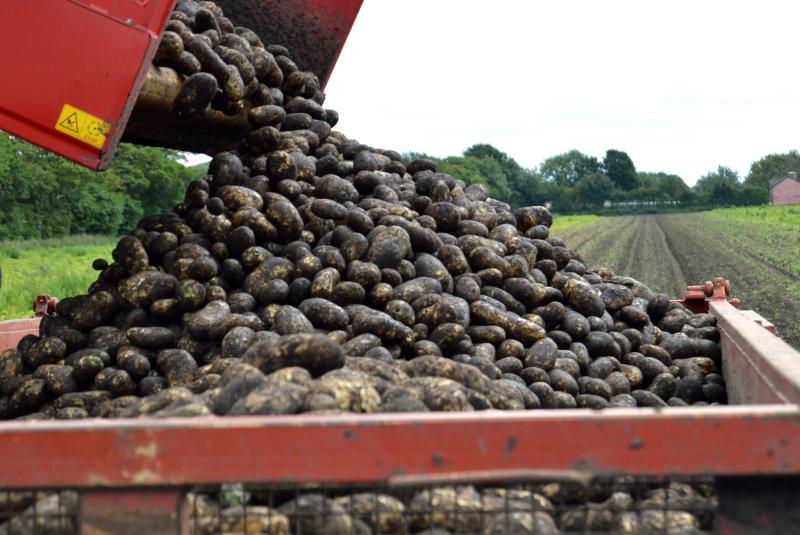
The government should capitalise on the UK's ability to produce high-quality, safe food when negotiating post-Brexit trade by shouting more about Red Tractor Assurance.
The scheme was established in 2000 and now has more than 46,000 members, making it the UK’s biggest farm and food standards scheme.
But according to Red Tractor's chief executive, the government must now "invest heavily" in promoting UK food by using the scheme as a key selling point, as promotion of British food is "limited and awareness is quite low."
Jim Moseley told the EFRA Select Committee’s 'Brand Britain' inquiry the assurance scheme should be the flagship for British food at home and abroad.
He said it already delivers what many international markets are increasingly demanding; assurances over the traceability and safety of food.
“Government investment in promoting and marketing British food abroad is not on the same scale of countries such as the USA and Ireland,” Mr Moseley said.
“Both countries deliver coordinated marketing activities funded by government to develop export and international markets.
“It will take investment and resources but research shows that the opportunity is there and we believe now is the time to take it.”
'Low awareness'
Red Tractor and AHDB evidence demonstrates international consumer attitudes towards British food, showing that 76% of Chinese consumers trust British food to be safe and 61% were prepared to pay a premium for it.
But by contrast only 37% of French consumers view British food as safe and only 21% are willing to pay a premium.
Red Tractor and AHDB say promotion of British food is limited and awareness is quite low.
Just 44% of overseas consumers said they had previously purchased a British food product, demonstrating a potential gap in branding at consumer level and the associated lack of recognition.
Dr Phil Hadley, international director at AHDB said: “Our recent consumer research has highlighted opportunities to develop brand recognition for our products in key overseas markets.
“To do so will require large investment to ensure we capitalise on the growing importance of non-EU markets for our products.
“AHDB has a dedicated team working to develop international trade with marketing and promotional expertise, funded by our farmers, growers and processors.”
